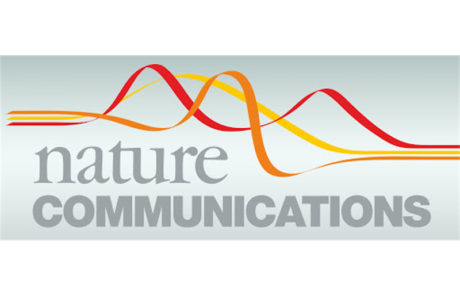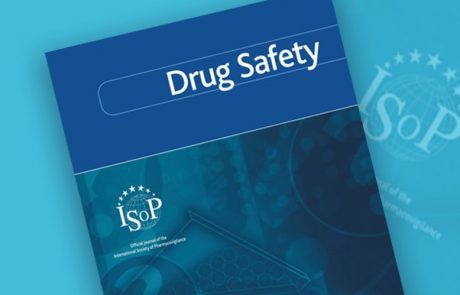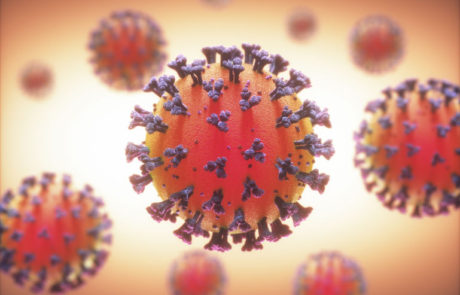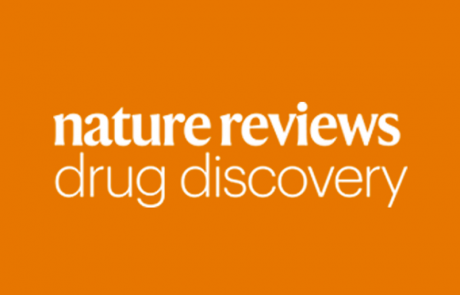
Predicting the Frequencies of Drug Side Effects:
By Galeano et al.
With any new drug there is likely to be side effects, but a key part of risk assessment is understanding the drug-risk benefit. Side effects are one of the leading causes of morbidity and mortality in trials as well as in approved treatments. Prediction of their occurrence whilst in drug design stages provides opportunity to quickly identify more suitable candidates with improved safety profiles, before the drug is taken into patients or even animal models. This study outlines a machine learning technique to predict the frequency of undetected side-effects based on previously identified side effects as well as pharmacologic data of the drug.

Potential Safety Issues with Use of Sodium-Glucose Cotransporter 2 Inhibitors, Particularly in People with Type 2 Diabetes and Chronic Kidney Disease
By Milder et al.
SGLT2 inhibition plays a significant role in the treatment of diabetes, though, recent conflicting evidence suggests serious risk of rare side-effects including diabetic ketoacidosis and necrotising fasciitis of the perineum. This study assesses the potential safety risks of SGLT2 inhibitor in Type 2 diabetic and chronic kidney disease patient populations to develop risk-mitigation strategies.

Galapagos’ JAK1 inhibitor filgotinib Approved in EU and Japan But Rejected in US
By Jonathan Smith
Galapagos drug filgotinib is a JAK inhibitor designed to preferentially target JAK1 in the treatment of rheumatoid arthritis, where current standard of care drugs do not control symptoms enough to induce remission. Filgotinib safety profile appeared to be satisfactory in the EU and Japanese market, though continuing clinical trials in male repro-tox is underway to aid US marketing approval.

Special Report: Next-gen kinase inhibitors march toward market—and spur billions in M&A
By Arlene Weintraub
Tyrosine kinases are currently one of the leading therapeutic targets in the treatment of cancer, with several blockers already achieving FDA approval and many more in the pipeline. One such target is KRAS, currently being pursued by AMG 510 and by MRT849. Similar efforts are being made with PKB and MET as new targets, and to recycle and combine existing therapies such as Herceptin and capecitabine. Many tyrosine kinase inhibitors lead to solvent front and RET fusion mutations. Identification of new targets to overcome mutations leading to drug-resistance, provides hope to drug-resistant patients.

COVID-19 tracker: Sinovac’s shot just 50.38% effective, Brazilian data show; J&J’s vaccine manufacturing hits snag: report
By Fraiser Kansteiner, Eric Sagonowsky, Angus Liu, Conor Hale
Fierce Pharma provide a regularly updated COVID-19 tracker with all the latest progressions in vaccine design, approval and distribution. Most recently, Johnson & Johnson’ single dose vaccine shows safe and effective induction of immunity and are hoping for shipments to Europe by April, whilst Brazilian Sinovac shows limited efficacy and is well below the expected 78% success rate, reaching only 50.38%.

Renin–Angiotensin–Aldosterone System Inhibitors and Risk of Death in Patients Hospitalised with COVID-19: A Retrospective Italian Cohort Study of 43,000 Patients
By Trifiro et al.
This study evaluates the effects of antihypertensive trugs on RAAS system in COVID-19 patients and assesses conflicting evidence of the role of angiotensin converting enzyme inhinitors (ACEIs) and angiotensin receptor blockers (ARBs) as a potential therapeutic treatments for COVID-19. Cox models, hazard ratios were used to assess this in 43,000 patients to conclude that there is no association of either ACEIs or ARBs with COVID-19 prognosis.

Sex Differences in Reported Adverse Drug Reactions to COVID-19 Drugs in a Global Database of Individual Case Safety Reports
By Zekarias et al.
Early in the pandemic, men were found to have worsened response to SARS-COV-2 infection. Due to the initial lack of approved treatments for COVID-19, repurposing other drugs was the only option. This study investigates adverse drug reactions of COVID-19 patients treated with repurposed drugs, compared to the drug use in its correct disease application, with a primary focus on responses grouped by sex-differences. Results showed that adverse events were more common in men of the COVID-19 subset for hydroxychloroquine and many other drugs.

Organs-on-chips: into the next decade
By Low et al.
Organs on chips are microphysiological systems, representative of endogenous tissue and cellular relationships. They show huge potential in the field of drug discovery and design to test the safety and efficacy of investigational drug products, whilst reducing the number of animals required for pre-clinical safety testing. Though it is believed by many in the field, that the organ on a chip technology is not yet entirely robust and fit for purpose. Design alterations and further validation of the technique is required to optimise this asset, many attempts at which are already under way.

Merck scraps Keytruda lung cancer trial adding Bristol Myers’ Yervoy. What about the Opdivo combo?
By Angus Liu
The Merck Keytruda injection is already the most beneficial treatment route in patients with untreated non-small cell lung cancer, though, like with many drugs, there is often room for further optimisation and development to improve safety and efficacy. Improvements often come in the form of combination therapy, whereby Merck paired Keytruda to Bristol Myers CTLA-4 inhibitor, Yervoy. However recent evidence suggests that the combination did not decrease cancer progression, and instead caused of significant toxicity.
